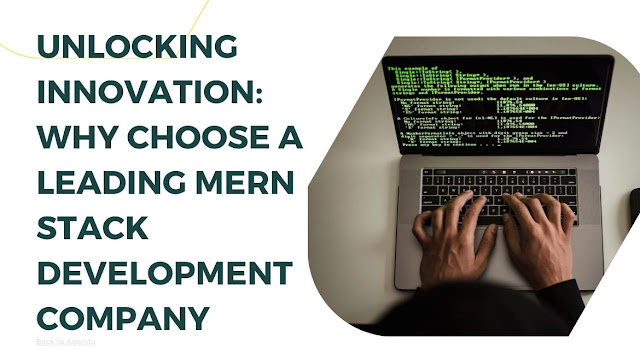Metaverse And The Future Of Work - What You Need To Know
The metaverse is a new world of virtual and augmented reality, where people can interact with one another. This can help them build social connections virtually, but it also has disciplinary implications. This article explains the role that metaverse plays in our current working environments. We also explore the impact of metaverse on our relationships with suppliers. It is important to understand the impact of metaverse on your company's future.
Metaverse is a virtual reality/augmented reality universe
Microsoft is developing a new technology called the Metaverse, a virtual world modeled after the real world. This technology will allow users to digitally map their real-world work environment. In this virtual environment, users will interact with each other through avatars, which represent their personalities and interests. Because they can move from one Metaverse virtual world to the next, they can interact with others in the same Metaverse.
The metaverse promises to change the way we do work. With the help of augmented reality and virtual reality, workers will be able to view and use the metaverse wherever they are. With the advent of AR and VR headsets, we are already seeing this technology used for a variety of different uses. In the future, we may even see people using these technologies for tasks normally performed with a smartphone. As a result, the future of work and play may be transformed as technology becomes more widely used.
It can enhance working remotely
With the increasing popularity of virtual reality technologies, the ability to work from anywhere is becoming more feasible. The metaverse development offers multiple locations and modes of working that help you create a more centralized digital work environment. The benefits of working in the metaverse are obvious: you won't have to endure the hassle of daily commutes, in-person meetings, or expensive business trips. You'll also be free of the risk of physical hazards and harmful viruses.
Virtual reality is already a popular tool for law enforcement and military training. It can also be used to train new employees. For example, new hires can learn how to operate complex machinery and pack boxes in a virtual replica. The feedback loop will be ten times shorter than with traditional training methods. The metaverse can help companies enhance working remotely by enabling remote collaboration. And it can help companies increase profits. For instance, a leading university has implemented a mixed-reality application that combines facial recognition technology and mixed-reality to improve the learning experience.
It has disciplinary implications
As the digital transformation continues to push the boundaries of creativity and the physical world, metaverses have promise. They offer powerful new creative canvases for organizations to develop new products and services, and new ways to collaborate and work. Successful organizations will focus on the technological and human dimensions of their business, creating purposeful innovation cultures based on a flexible and humanized conscious approach to work. This article discusses the potential implications of metaverses for organizations, both in terms of creative output and disciplinary implications.
Discipline is a cornerstone of Irish employment law. It allows employers to penalize inappropriate conduct and prevent discrimination. In the future, many of the same disciplinary principles will apply to the metaverse. For example, if a colleague is verbally abusive in a virtual environment, he or she would be subject to normal disciplinary rules. In addition, the Irish Equality Act recognizes nine protected grounds, including age, disability, and gender. If the metaverse becomes an integral part of working life, employers will need to develop guidelines to prevent discrimination and promote equality and diversity.




Comments
Post a Comment